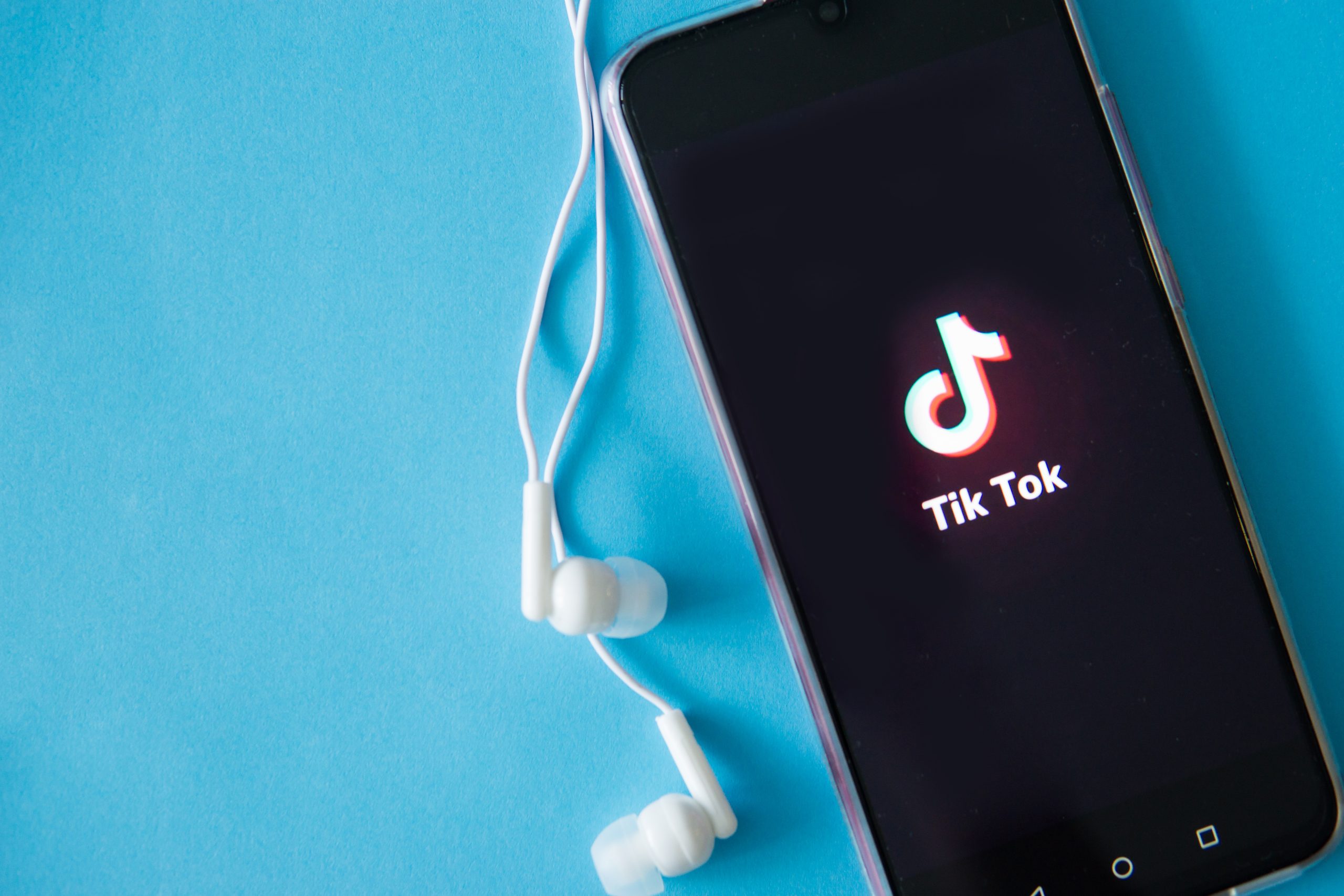In recent years TikTok has emerged not merely as an entertainment hub but as a vibrant space for mental health conversation. The platform’s meteoric popularity surge, particularly during the COVID-19 pandemic, has brought mental health issues into the forefront in novel ways. This phenomenon begs a critical question: Is TikTok revolutionizing mental health awareness, or is it inadvertently simplifying complex issues into byte-sized snippets?
TikTok’s distinct allure stems from its ability to democratize content creation, enabling millions of diverse users to find solace in sharing and viewing videos on a wide array of mental health related topics, from everyday challenges to anxiety coping strategies. The platform’s highly personalized algorithm serves content that resonates deeply with its users, fostering a sense of community and belonging.
A recent study of stress- and anxiety-related content on TikTok by researchers from The American College of Greece, highlights a significant trend. The study found that the majority of TikTok content on mental health is rooted in personal experiences shared by non-professionals. This trend facilitates a sense of community and affiliation, as users engage through comments, likes, and shares, reinforcing the vital message that “you are not alone.” Such interactions could potentially enhance the mental well-being of those facing similar struggles, offering solace and recognition in shared experiences.
However, this unparalleled accessibility of mental health discussions on TikTok comes with its pitfalls. While it’s promising that the platform has enhanced the visibility of mental health issues, breaking decades-old stigmas, it also raises concerns. The inherent nature of social media to spawn fleeting “trends” or “fads” can lead to an oversimplification of serious health issues, sometimes reducing them to transient hashtags or trends, thereby risking the trivialization of conditions like anxiety and depression.
Furthermore, the nature of TikTok’s content, often characterized by its brevity and viral nature, may inadvertently trigger vulnerable individuals or propagate misinformation and fake news. This could lead to harmful outcomes, such as self-diagnosis or inappropriate self-treatment.
Another critical issue is the preservation of privacy and consent. Users, in their quest to connect and find support, may unintentionally expose sensitive personal details, opening themselves to risks in the online world.
It is crucial to acknowledge that mental health issues are inherently complex, often requiring professional intervention. The lack of guaranteed expertise among TikTok content creators and the limitations of online community support underscore the importance of professional healthcare. With around 20% of the world’s children and adolescents having a mental health condition, and with the World Health Organization reporting over 703,000 suicides annually, relying solely on social media for mental health information and support is questionable and potentially dangerous.
TikTok’s growth as a social space for mental health content marks a milestone in the history of social media. It has opened doors to discussions once swept under the carpet, building a community for many. Yet, as with any powerful tool, it comes with inherent responsibilities for both the platform and its users. The future of mental health discourse on TikTok is promising but requires careful navigation, with an emphasis on authenticity, safety, and a balanced approach between online support and professional healthcare. As we embrace this new era of digital wellness, maintaining this equilibrium remains crucial.
* Dr. Diamantaki is a member of the Communication faculty at Deree – The American College of Greece, teaching graduate courses in communication theory, new media theory and research, applied communication theory, advertising theory and digital public relations, as well as undergraduate courses in research methodology and advertising



